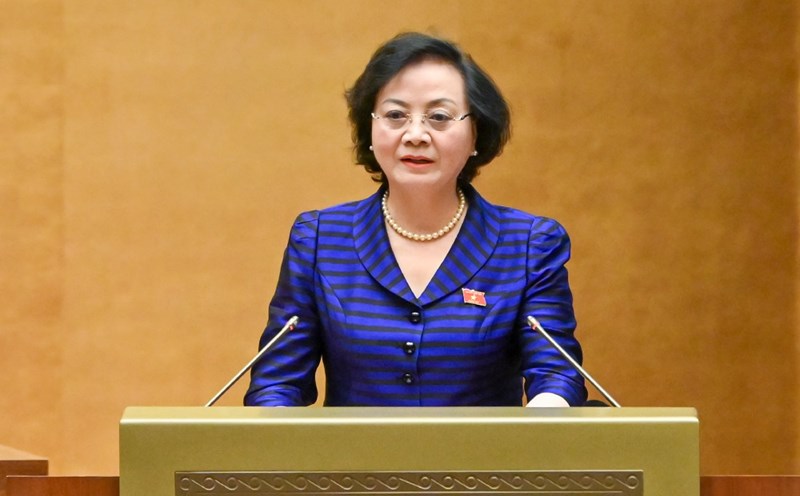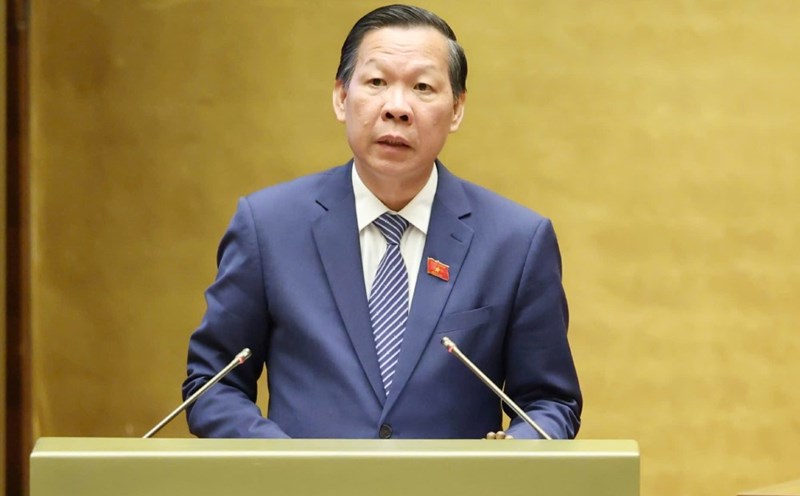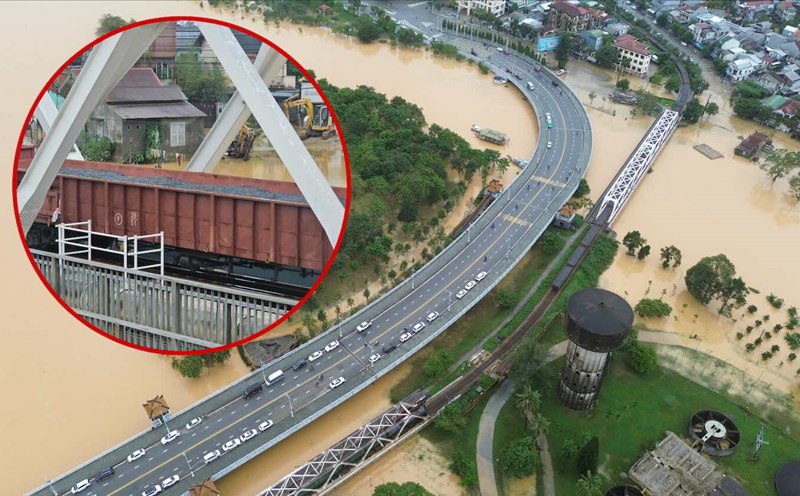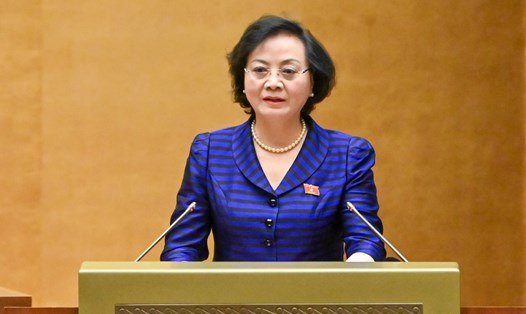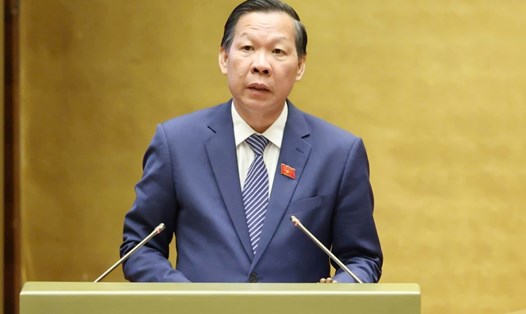On the afternoon of October 29, Deputy Prime Minister Pham Thi Thanh Tra gave a speech accepting and explaining the opinions of National Assembly deputies related to the operation of the two-level local government apparatus.
Previously, many delegates highly appreciated the achieved results, but said that there were still some limitations that needed to be overcome such as: handling old headquarters, surplus and shortage of cadres, public service capacity and treatment, especially for commune-level cadres and civil servants...
According to Deputy Prime Minister Pham Thi Thanh Tra, Vietnam has spent 80 years operating the 3-level local government model, when switching to the 2-level model, it is a revolution in organizational structure.
The new model shows the fundamental change from administrative management methods to created and serving people's governance, from a passive state of administration to proactive local governance.
Therefore, the team of cadres, civil servants and public employees must also revolutionize themselves in their own ideology, awareness, working methods and public service culture.
According to the Deputy Prime Minister, the 2-level local government model has only been in operation for 4 months but has achieved many results.
Regarding solutions in the coming time, the Deputy Prime Minister said that the Government will focus on perfecting the institutional system and policies; core issues on organizational structure, staffing, classification and standards of administrative units.
The Government is also focusing on directing the Ministry of Home Affairs to complete the job position framework to clearly identify job positions, especially at the commune level; at the same time, perfecting conditions as a basis for assigning staff, ensuring the correct number.
However, the Deputy Prime Minister also emphasized that localities need to proactively review and evaluate the structure to ensure the team of cadres operating commune-level government.
Positions such as finance, land administration, environment, information technology, construction, justice, etc., if necessary, can recruit and transfer officials from the provincial level.
Along with that, promote digital transformation, apply artificial intelligence (AI) to build e-government; resolutely deploy the digital education movement to every home and every citizen.
Regarding the issue of wages, Deputy Prime Minister Pham Thi Thanh Tra said that she is currently developing a comprehensive project on salary reform. The Central Committee for Policy and Strategy will preside over the re-evaluation of Resolution 27 on salary reform, then report to the Central Committee in the first quarter of 2026.
From there, develop a specific plan, have a suitable roadmap, within the overall reform of the administrative system, economic growth and the ability to pay for regimes and policies.
Deputy Prime Minister Pham Thi Thanh Tra added that salary reform cannot be implemented immediately but must be done very carefully and cautiously.
"We must do it step by step to prepare the foundation, in accordance, implement according to a reasonable roadmap and in accordance with the budget's capacity" - the Deputy Prime Minister emphasized.

